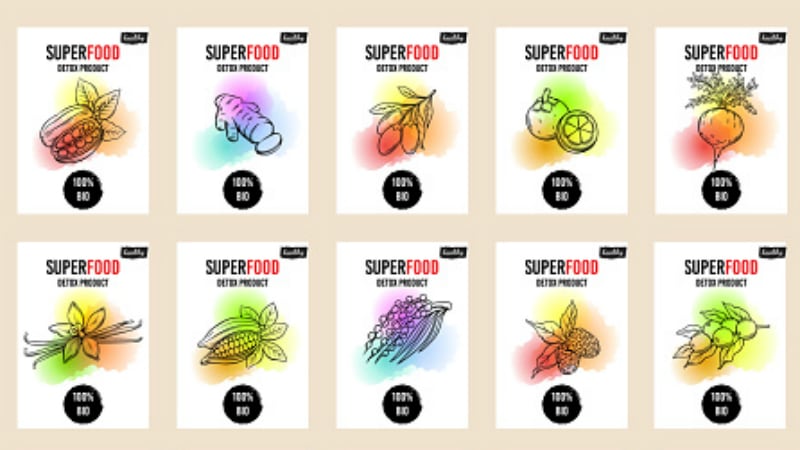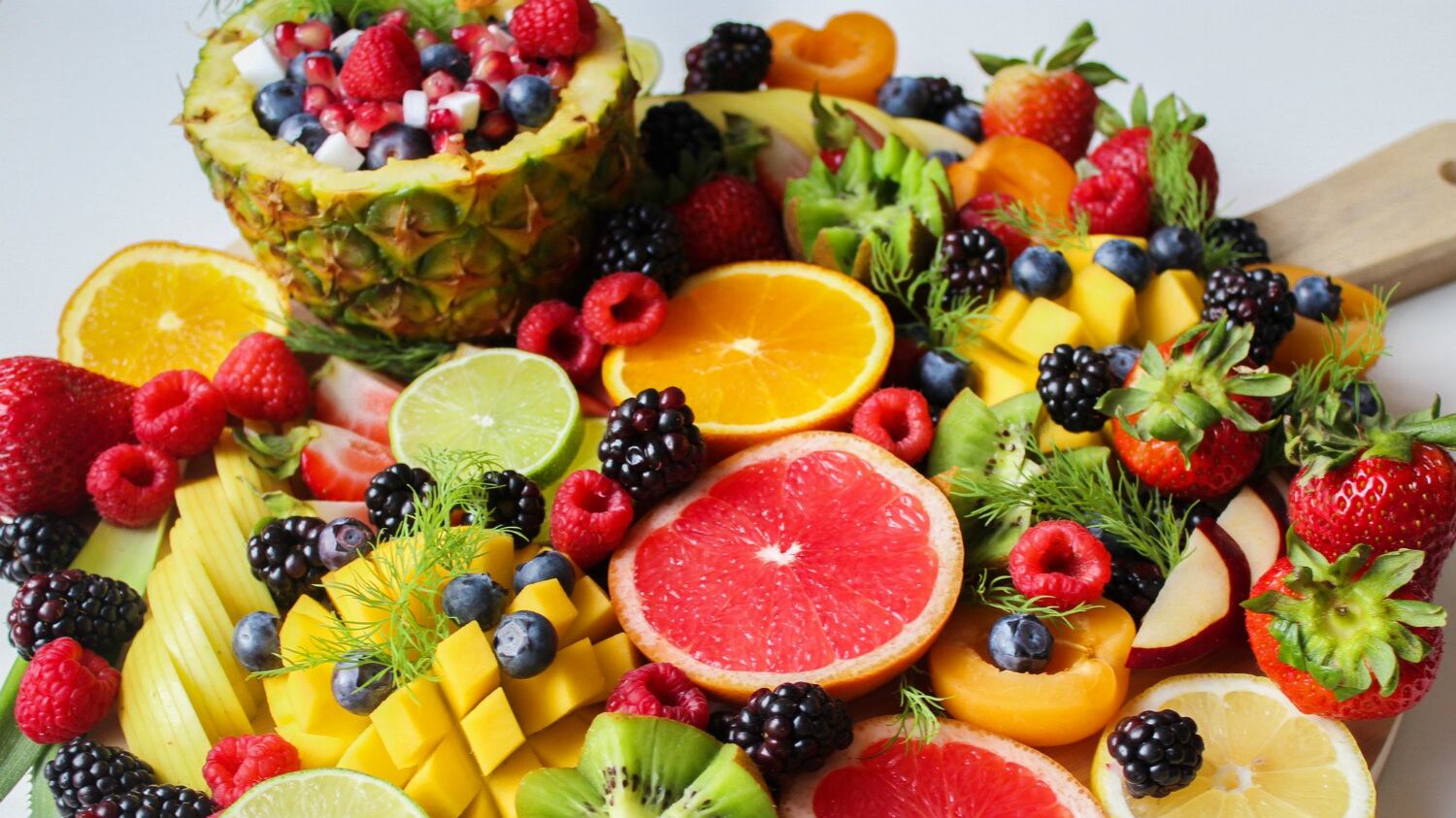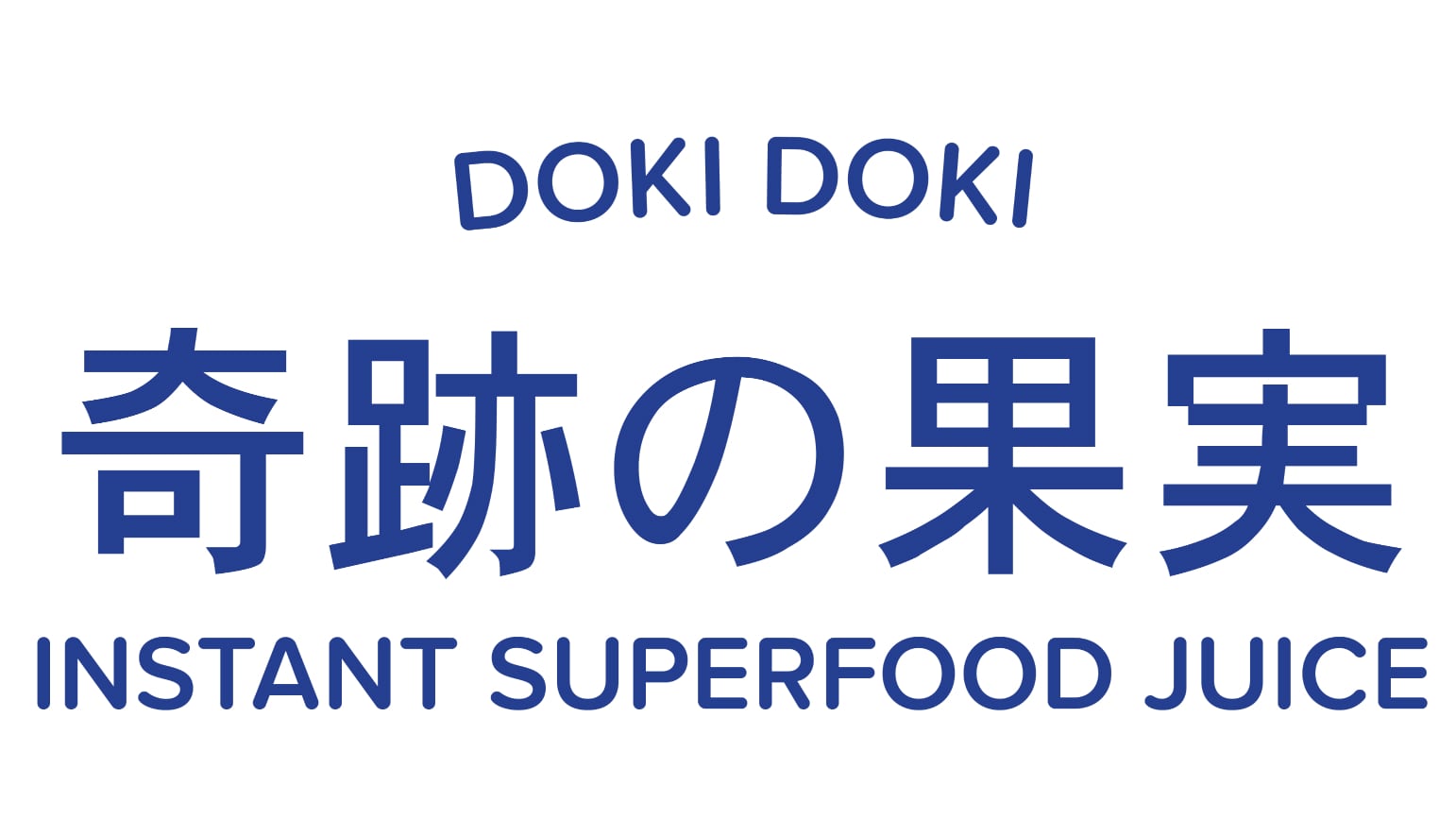“New ‘superfoods’ come and go and often confuse the public on what healthy eating is,” said Dr Helen Vidgen.
Dr Vidgen came to this conclusion after an investigatory assignment she commissioned her nutrition, dietetics and pharmacy students to carry out revealed that none of the investigated superfoods had scientifically solid backing for their claims.
“We were looking at nutrition and diet through the life cycle, and how different superfood products are being promoted to people at different stages in their life cycle (e.g. pregnancy, first-time mothers etc.), why these would be attractive to them, how true the claims actually are and so on,” she explained to FoodNavigator-Asia.
After conversations with representative subjects from various life cycle stages, Dr Vidgen decided on five different superfood products that were were highly popular on various media, e.g. social media and blogs.
The five products were: Protein balls, kombucha, green powders for children, breastfeeding biscuits, and toddler milks (follow-on formula, not the same as infant formula).
“The students had to identify the claims being made, look at the relationship between those claims and the foods, find original (if any) research papers on the claims, critique the quality of the research and compare its rigor against [solutions] that dietitians would suggest otherwise,” said Dr Vidgen.
Some protein ball claims revolved around mood enhancement due to nut content, kombucha claimed gut health enhancement, green powders claimed to nutritionally replace fruits and vegetables, breastfeeding biscuits promised milk supply boosting and toddler milks claimed to provide enough nutrients for toddlers who fussed over regular foods.
After completion of the investigation, she argues that none of the claims made could be substantiated.
Superfoods = Food Fraud?
Responding to queries on whether these superfood claims can be ranked on par with food fraud, Dr Vidgen said: “The term ‘food fraud’ has often been used to describe food products not being what they claim to be in terms of what their ingredients are, and this is similar.
“These products have built their market based on nutrition and health, and they’re not delivering on that promise.”
In line with this, Dr Vidgen said that she intends to bring a broader range of products under the spotlight, citing a study that found 50% of all food product claims made in Australia could not be substantiated.
No solid supporting evidence
Kombucha claimed to increase gut flora diversity and as such boost gut health, but no solid evidence of its efficacy could be traced down, she argued.
“I was shocked at how popular it is, despite its lack of scientific soundness. The microbiome of the gut is still an emerging area of research, and it is as yet unclear whether it has effects on blood glucose levels (one of the claims being made).
“As for research into fermented foods, there was hardly anything about kombucha. The only studies were really small in vitro animal studies, and these weren’t on commercially-produced kombucha.”
“It’s also unlikely that the temperature was maintained from point of manufacture to consumption [at levels that] keep kombucha microbial count high, so when you put all of those things together, it was really unlikely that it was doing anything at all,” she said.
As for the protein balls, Dr Vidgen attributed their popularity to a lack of scientific understanding of the scientific pathways behind how they were expected to work.
“Protein wasn’t even their key ingredient, and [had nothing] to do with mood enhancement, a claim that was so tenuous.
“It was linked to cashew nuts, which have some tryptophan, an amino acid that increases serotonin levels, but [from a biochemical pathway perspective], with all other influencing factors, it is absolutely ridiculous that eating that little bit in the protein balls would do anything at all.
Green powder claimed easy, stress-free nutrition for kids during mealtimes, and marketers even promised six times the amount of antioxidants per serve as compared to regular fruits and vegetables. Dr Vidgen said that the processing involved made the viability of this doubtful.
“We know there are many water-soluble nutrients in vegetables that are sensitive to processing, and the likelihood that these would remain in the powder post-processing [is low]. So these claims are completely unfounded,” she said.
As for breastfeeding biscuits, she said that there were ‘not very many studies’, and those quoted by social media were ‘not related to the milk supply benefit they claimed at all’.
“[We] couldn’t find any papers that indicated any of the ingredients mentioned would help,” said Dr Vidgen.
She also urged parents to focus on exposing children to a ‘wide range of food’ instead of relying on toddler milk, as it is important that children after one year of age start to eat regular foods.
“Children over one year of age do not need any special foods. [A] wide variety of the five food groups [are] the best way to supply the nutrients required growth and development. Different food textures are also important especially at this stage to promote speech and jaw development,” she added.




